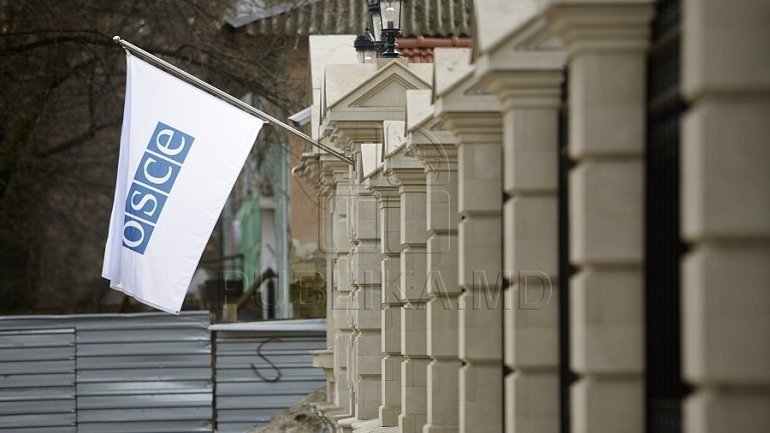OSCE final report on Moldovan parliamentary elections concludes 'competitive and fundamental rights generally respected'
 foto: publika.md
foto: publika.md
The 24 February 2019 parliamentary elections were competitive and fundamental rights were generally respected, according to conclusions of OSCE Office for Democratic Institutions and Human Rights.
OSCE Office also appreciated the activities of Central Electoral Commission who organized the elections professionally and transparently. The 24 February parliamentary elections were the first elections held under the newly introduced mixed electoral system
The report also cited that most technical aspects of the elections were managed professionally at all levels. Women were well represented at all levels of election administration.
The CEC and civil society organizations conducted voter awareness campaigns targeting groups of voters such as women, students, out-of-country voters and persons with disabilities both in the state language and in Russian.
For the first time, there were polling stations specifically designated for voters residing in Transnistria. The CEC established 123 out-of-country polling stations in 37 countries, increasing their number from previous elections.
OSCE Office applauded the CEC's decision to install video cameras at all polling stations aiming to increase the transparency of the electoral process and to use the recordings as evidence in case of complaints on election day procedures.
The Statement of Preliminary Findings and Conclusions issued on 25 February concluded that “The 24 February 2019 parliamentary elections were competitive and fundamental rights were generally respected. The campaign took place against the backdrop of disaffection with public institutions and was tainted by allegations pressure on public employees, strong indications of vote buying and the misuse of state resources. Control and ownership of the media by political actors limited the range of viewpoints presented to voters. Most aspects of the elections were administered in a professional and transparent manner. Voting was assessed positively, but the electoral bodies faced difficulties with reconciling result protocols due to the introduction of the new electoral system and the concurrent holding of the referendum.”